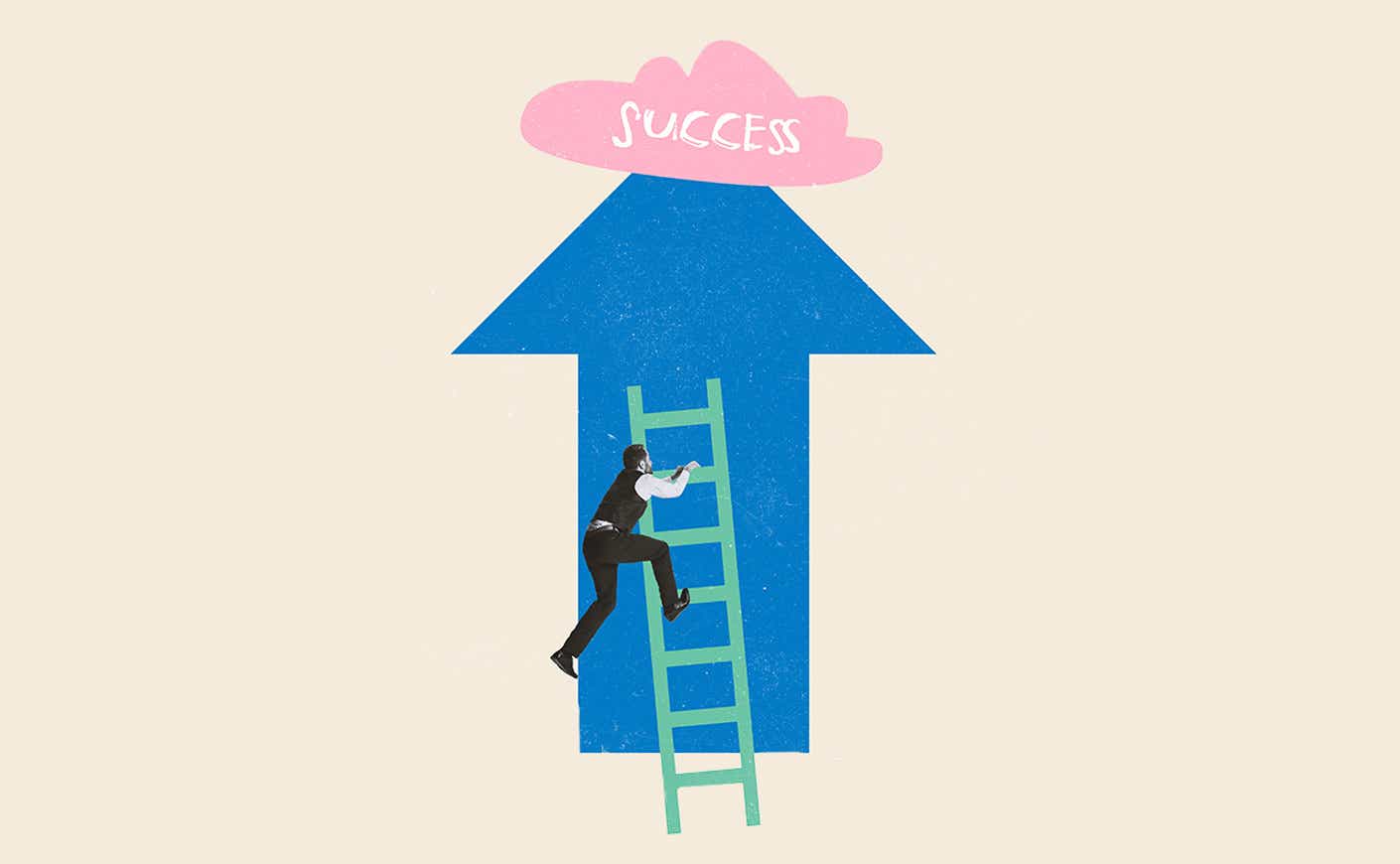Pursuing your passion is definitely not an easy task — especially while also navigating delicate relationships with peers, coworkers, and collaborators. Working on defining your own career path is hard enough, but how can you manage that drive when you also need to maintain crucial connections?
Luckily, filmmaker and author of the new book Aurora (soon to be a film) David Koepp — director of Secret Window and the writer behind films like Mission: Impossible and Jurassic Park — has a few pointers to share. He recently spoke to KCM about some of the best advice he’s amassed after decades in Hollywood. And while his expertise is in the film industry, his guidance can be applied to any profession. He discusses important skills to cultivate, whether you’re looking to get ahead in your field — or just thrive in life.
When to ask for expert advice
“When I start research on a screenplay or a new film project, I do exactly enough to get the story started with some degree of plausibility. If there is any element of science or a particular profession, I do a draft with what I think is a good working knowledge of the subject and the people. Then, I have to go find an advisor. In the case of Cold Storage, for example, there was a lot of biochemistry in my screenplay, so I found a microbiologist and asked him to read it. He called me up and said, ‘Well, the science isn’t terrible…’Then I adapt: I make changes to bring the work into the field of believability for any person who does that for a living. But I won’t sacrifice the elements I think are very important for the story.”
The importance of finding your community
“I thought film school was great, but not for the reasons I expected. I expected to have very wise and kind instructors, but I also met like-minded people my own age. In any creative field, you work independently but you’re also part of a larger community and conversation. You have to be able to seek out the opinions of people who’ll tell you what they really think and don’t have much of an agenda. While we were learning, we were also forging critical relationships with each other that are important to me to this day.”
When to accept that you’re not the right fit
“When people are in sync and things are flowing well, work is exciting. It’s fun. But you’re not right for every project, just like how you’re not a right match for every single person. That’s a little hard to get used to. But if it’s not going well and you’re not in sync with your collaborators, it’s better to move away from the work.”
Confidence breeds better work
“People who are very good at their jobs tend to be confident. Often, they’re very easy to work with because they’re not easily threatened. People who don’t think they’re any good are really hard to work with because their insecurities lead the way. People who are actually good at what they do are positive.”
Allow your subconscious to take over
“If any idea strikes me while walking down the street, showering, or jogging, I send myself an email. I have a story ideas file — so I just park the thought in that file. I even let things gestate for a year.
“I’m doing other things in the meantime, but if I keep thinking about an idea, that means I should probably look into it. Stephen King calls it, ‘the boys in the basement’: the concept that even though you’re sleeping, or working on something else, your subconscious is working on your idea. So it’s important to jot things down, firm up your idea in the subconscious, then let the boys in the basement shovel things around.
“Anne Lamott’s great book Bird by Bird takes its title from a story about her kid who had to write an essay on birds for school. It was long and daunting and he wasn’t ready for it. Lamott said, ‘Look, you just have to go bird by bird. You have to start with one and build from there.’ That’s the way all things are built when writing.”
Mentorship is key
“Everybody needs mentorship throughout their lives, but you particularly need it when you’re starting out in a career. You need someone to take you seriously, talk to you like a grown-up, and think that you have something to offer. Martin Donovan was an Argentine independent filmmaker who took me seriously; I was 23 when we met, and he was 14 years older, and he saw value in what I was writing. I found him enormously encouraging. That made me take myself seriously. Brian De Palma also helped me. Once, I was stressing over something I was writing because it felt too similar to something I’d done before. Brian said, ‘Yeah, it’s called who you are. It’s all you’ve got. Use it.’”













